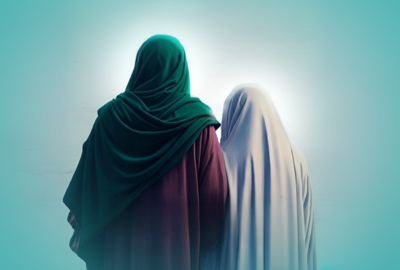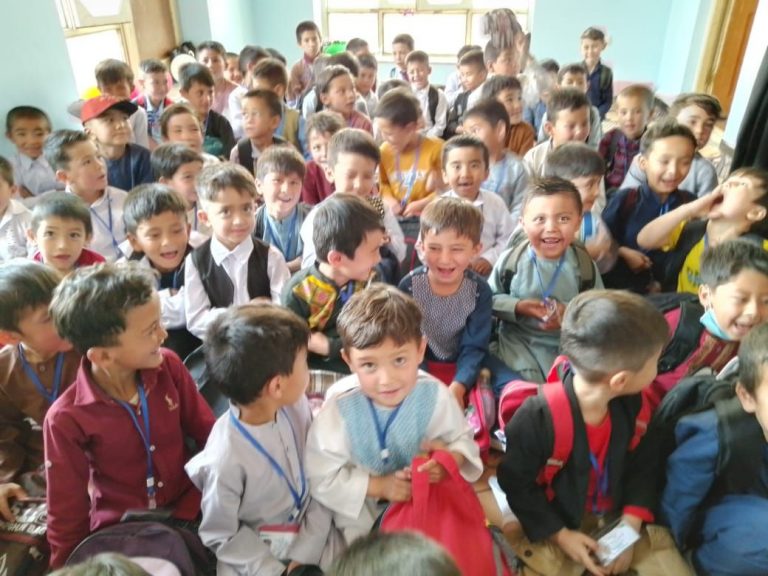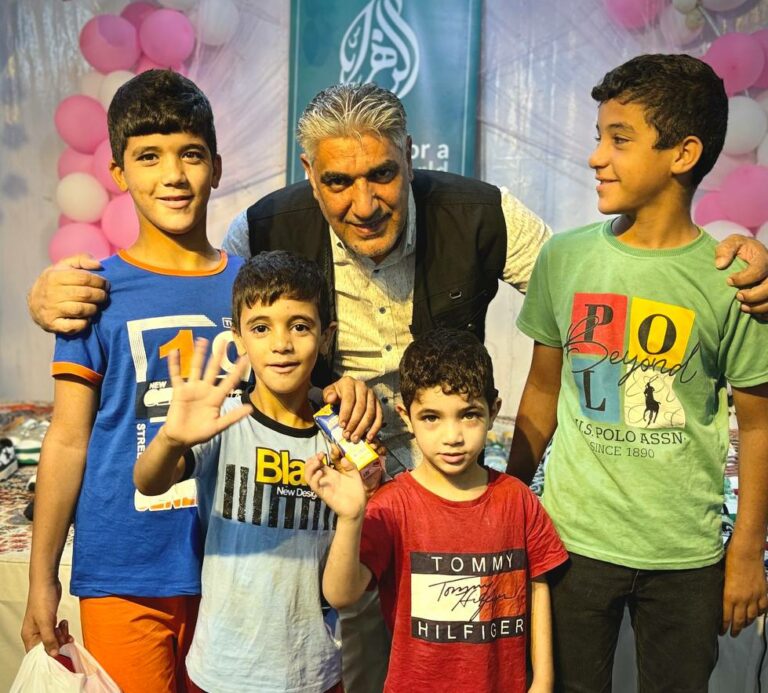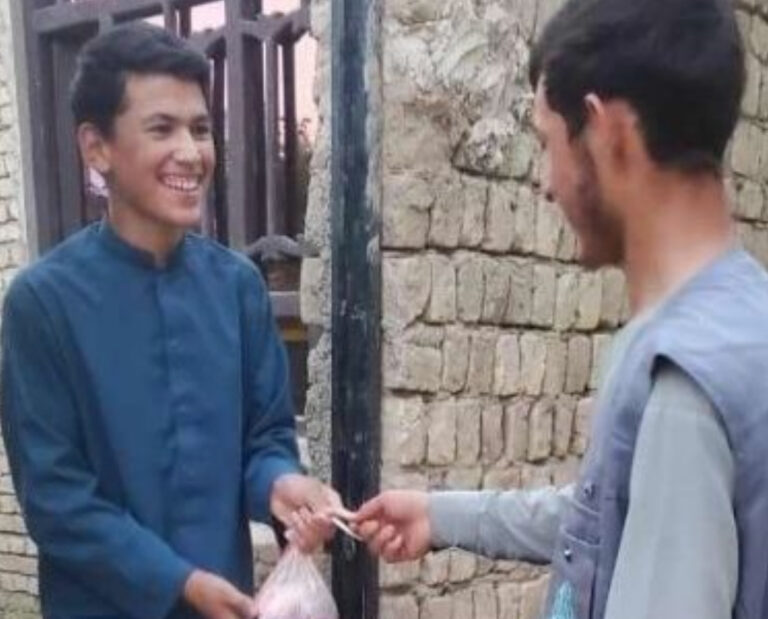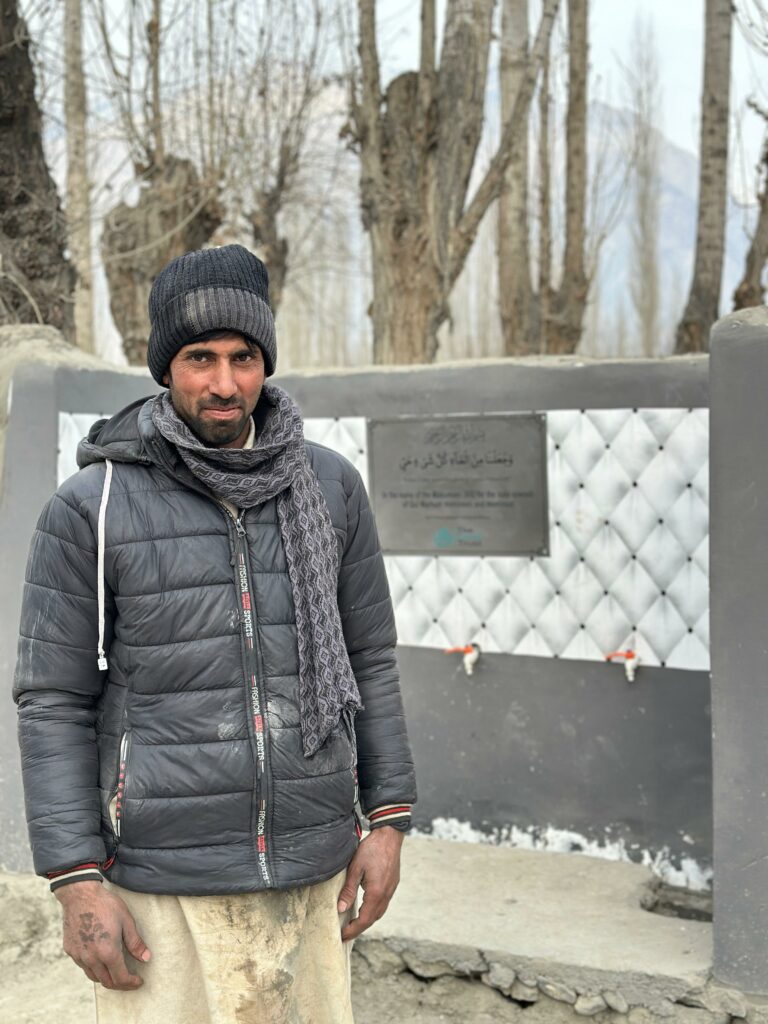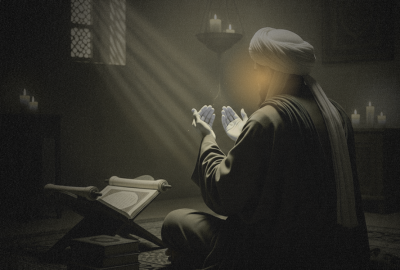A Match Made in Heaven: The Wedding of Imam Ali (as) and Lady Fatima (sa)
Within Shia Islam, certain moments are steeped in mourning, while others shine with joy. One of the most joyful is the blessed marriage of Imam Ali (as) and Lady Fatima (sa).
Imam Ali (as) is reported to have said, “Surely, Allah (swt) has written for us followers, who assist us and are happy at our happiness and are sad in our sadness.” (Ghurar al-Hikam, v.1)
Introduction
Among the key events in Shia Islamic history, few are as cherished as the union of Imam Ali (as) and Lady Fatima (sa). Their marriage was no ordinary event—it was divinely ordained, representing love, selflessness, and total devotion to Allah (swt).
This blog explores their story, including Imam Ali’s (as) heartfelt proposal, Lady Fatima’s (sa) mahr, and how this marriage continues to inspire generations of believers.
Imam Ali’s (as) Proposal
Several of the Prophet’s (saww) companions had asked for Lady Fatima’s (sa) hand, but their proposals were respectfully declined. Eventually, Imam Ali (as), encouraged by his special bond with the Prophet (saww), approached him to express his desire. Though hesitant at first, the Prophet (saww) was overjoyed.
“Welcome! Allah (swt) has ordered me to marry my daughter to you,” the Prophet (saww) said (Kanz al-Ummal, v.6).
When did Imam Ali (as) and Sayyida Fatima (sa) get married?
Their wedding took place on the 1st of Dhul Hijjah, 2 AH—about ten months after their engagement.
The Prophet (saww) asked his wife, Umm Salamah, to accompany Lady Fatima (sa) to Imam Ali’s (as) home. He personally performed the nikkah, solemnizing this divinely blessed marriage.
What was Lady Fatima’s (sa) mahr?
Many narrations suggest that Lady Fatima’s (sa) mahr was between 400 and 500 dirhams.
When the Prophet (saww) asked Imam Ali (as) if he had anything to offer as mahr, he replied that he owned a sword, armor, and a horse.
Rasoolallah (saww) advised him to sell his armor to provide the mahr.
This teaches that true love isn’t about wealth or extravagance—it’s about sincerity and sacrifice in the path of Allah (swt). The simplicity of the mahr reflects the profound faith and humility that defined their union.
Lessons from their marriage
Their marriage was a living example of Islamic values. Here are five key lessons we can take from their example.
1. Simplicity over extravagance: Their wedding was simple and sincere, without the pressure of material expectations. It reminds us to prioritize faith and character over wealth.
2. Trust in divine will: The Prophet (saww) waited for divine guidance before accepting the proposal. Imam Ali (as) and Lady Fatima (sa) trusted Allah’s (swt) wisdom completely.
3. Shared purpose: They built a life around faith and service, united in their mission to support the Prophet (saww) and Islam.
4. Gratitude in hardship: Despite living with little, they stayed thankful and patient. Their example shows that true happiness comes from gratitude and reliance on Allah (swt).
5. Mutual respect: Their marriage was full of love, support, and kindness. They respected each other deeply and worked together in all aspects of life.
Conclusion: Honoring their marriage
Their blessed marriage is a symbol of spiritual strength, modesty, and unwavering generosity.
Honor this sacred union today: donate your Qurbani, support an orphan’s care, or uplift a widow in need.
May their story inspire us to live with greater love, faith, and sacrifice.

